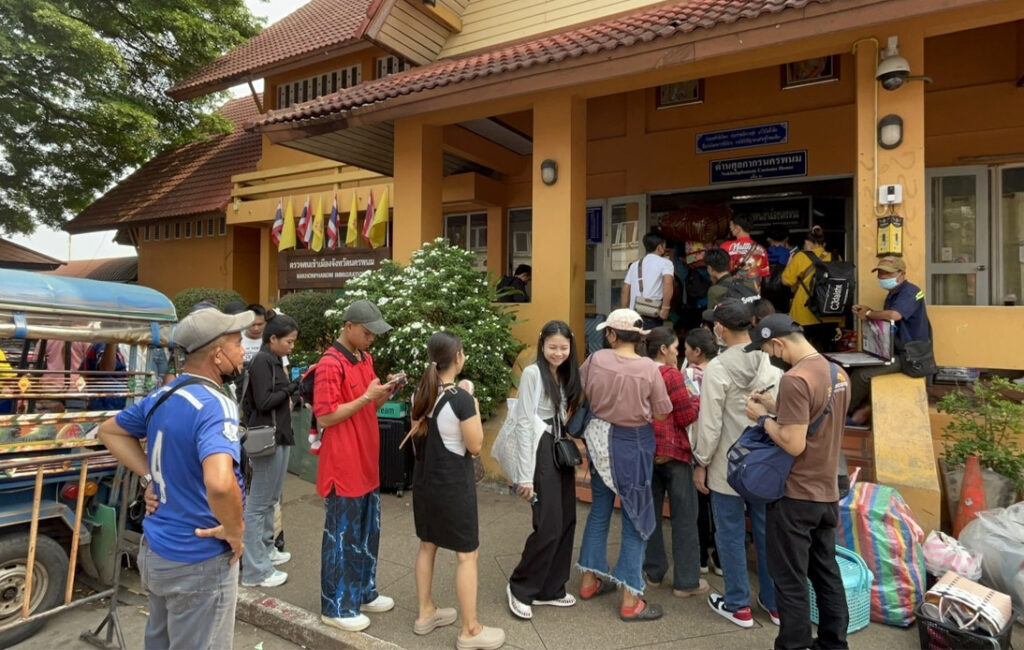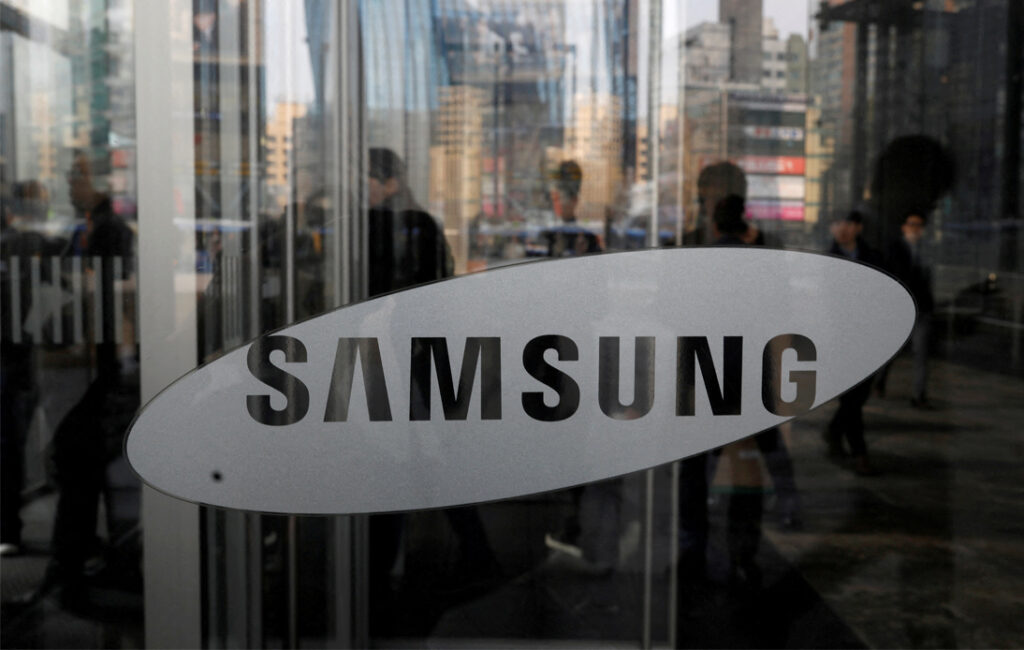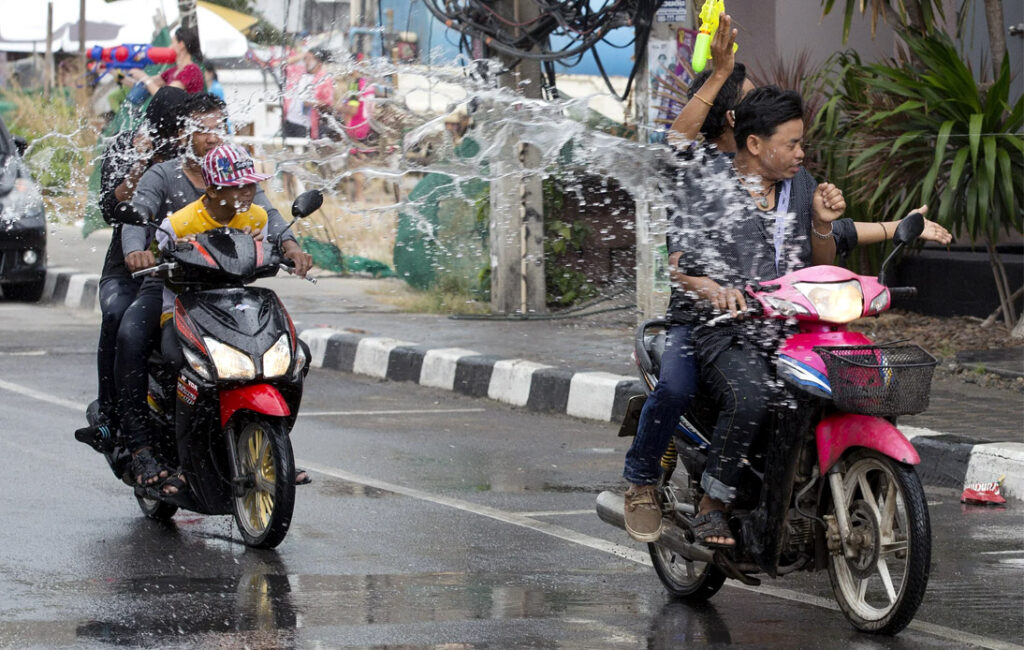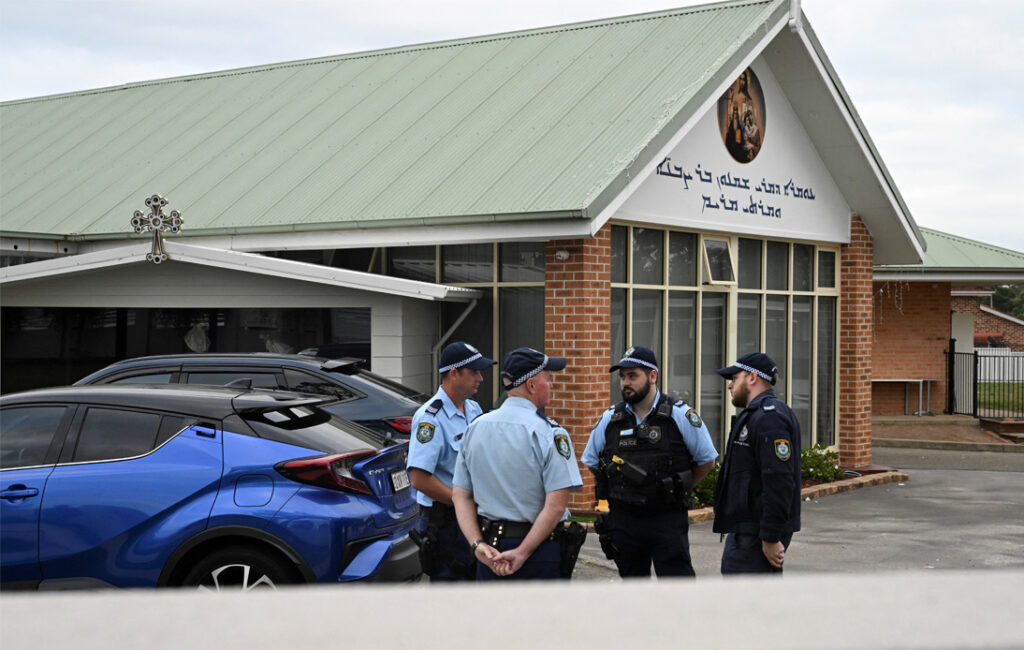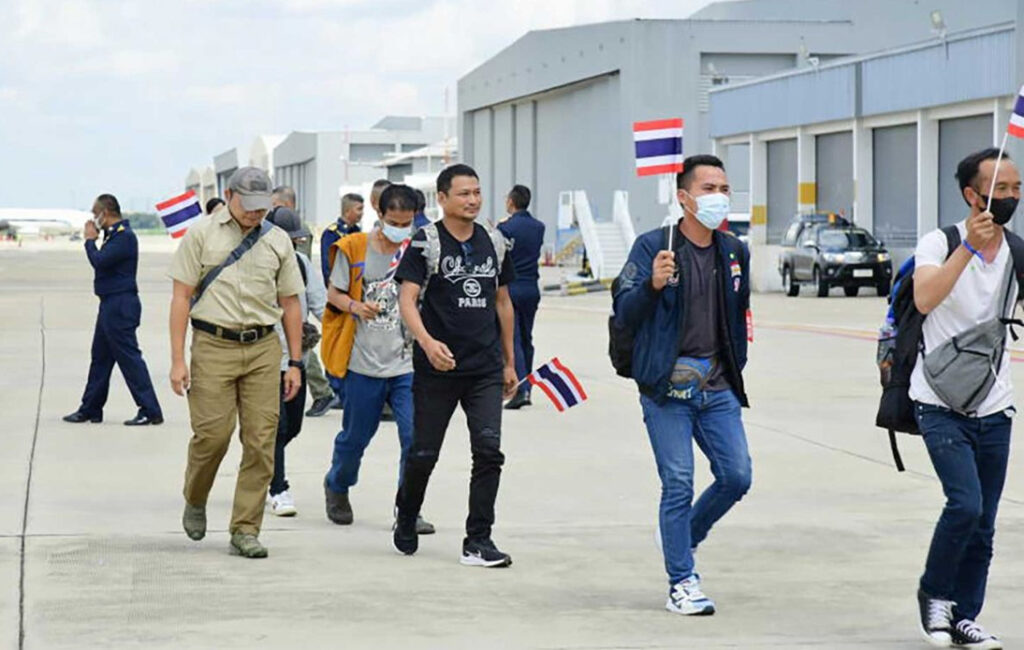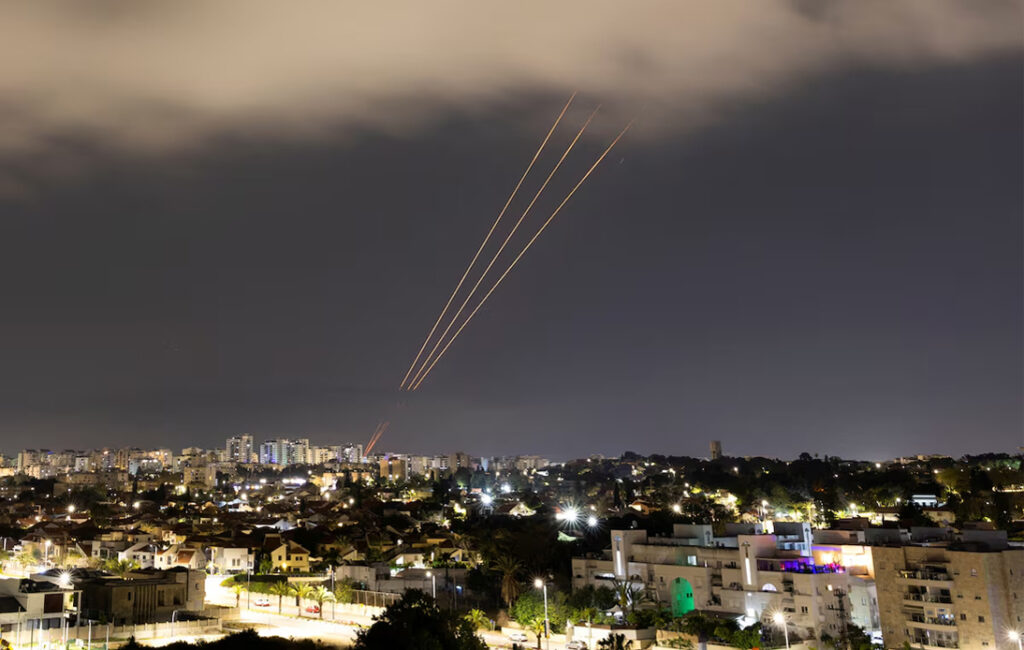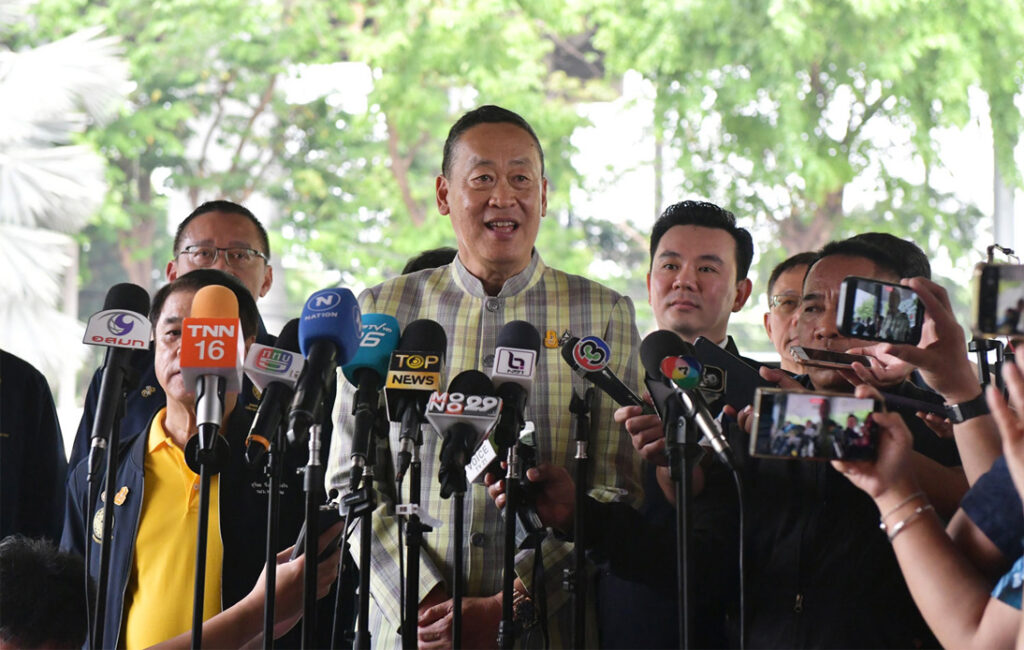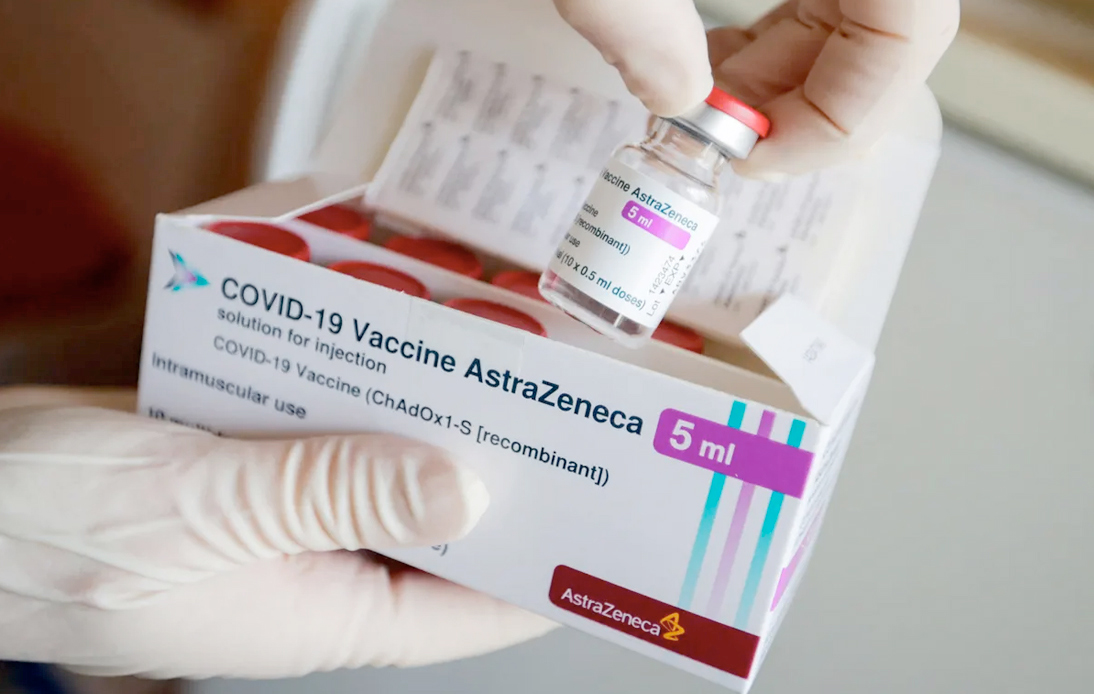
Thailand has been dealt another blow as it rollouts out its vaccine programme with news that AstraZeneca has asked the government for a 5-month extension on when they are due to deliver 61 million doses of their vaccine.
Deputy Public Health Minister Sathit Pitutecha has confirmed that the requested delay is to extend the timeline until May 2022.
The already-slow rollout by the government will be even more sluggish as a result of this unexpected supply issue.
The request points to a slow production ramp-up at its local manufacturing partner, which had initial production and delivery issues, even as AstraZeneca reassured it would be back on track from this month to meet its supply commitments to Thailand and other Southeast Asian nations.
Mr Sathit has confirmed that the original delivery scheduled for December 2021 will have a 5 more months added on to it.
AstraZeneca has pledged to try their upmost for the original schedule period to be achieved.
“Normally, a vaccine manufacturer does not make such a commitment. It will do it if possible. But the company does not have enough production capacity to respond to rising global demand,” Mr Sathit stated on Thursday.
He went on to say that the company is expected to deliver one-third of the total supply to Thailand.
The Kingdom has however been attempting to negotiate for as many doses as they can get, or 40% of the vaccines produced in the country.
“Currently, we have administered the doses that are available to us. This month, we have procured 10 million doses so it is still going according to plan,” Mr Sathit said.
Originally, the locally made AstraZeneca vaccines manufactured by Siam Bioscience had an agreement to supply the Thai government with 10 million vaccine doses every month from July 2021, until the end of this year.
The Thai government recently confirmed that AstraZeneca will only be able to supply Thailand with between 5 and 6 million doses per month, which is one third of the total that will be made.
The rest will be exported to other nations that have placed orders for the vaccines.
Authorities revealed on Wednesday that they are to consider bringing in new rules that will limit the vaccine export quota from the Kingdom. They did not however reveal specifically which manufacturer(s) they were referring to.
“We have to wait for AstraZeneca vaccines day by day. That’s not easy because the vaccine market is dominated by big companies worth more than our annual budget,” said Mr Sathit.
The Deputy Public Health Minister also said that a project figure of 100 million Covid-19 vaccines was achievable this year, with the bulk being from AstraZeneca but also taking into account Pfizer and Sinovac supplies.
“The Department of Disease Control (DDC) will sign a contract on July 16 with Pfizer to procure 20 million doses. The Government Pharmaceutical Organization will also sign a deal with Moderna for five million doses next week,” Mr Sathit explained.
“All will be delivered in October. This will be the vaccine rollout planned for next year,” he also mentioned.
The chairman of the Federation of Thai Industries (FTI) Mr Supant Mongkolsuthree, has said that he plans to chair a meeting next week with the Prime Minister to get an exact update on the situation, and to end uncertainty on the timeline for the AstraZeneca vaccine supplies.
Originally, there were meant to be 10 million doses produced in June and another 10 million this month. The numbers however fell well short, and at this time only 10% of business sector workers have been inoculated, Mr Supant also revealed.
Government spokesman Anucha Burapachaisri said Prime Minister Prayut has assured the public that AstraZeneca and Sinovac vaccines, which are the country’s main vaccines, and Sinopharm, which is an alternative vaccine, are effective against the worst effects of Covid-19.
The government also plans to import mRNA vaccines from Pfizer and Moderna, as well as viral vector vaccines from Johnson & Johnson, to ensure there is a wide range of safe and effective vaccines for Thais, the spokesman said.
“We are actively working with the government in Thailand and governments across Southeast Asia to continue to deliver equitable vaccine access to the region,” AstraZeneca said.





